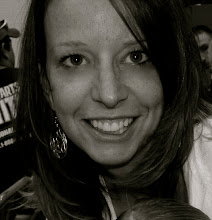Loved
- student choice in writing topics
- conversing with students about their daily writing
- keeping a log of mini-lessons and conferences
- students keeping log of mini-lessons
- not focusing on the outline process
- allowing students to experience authentic writing
- choices are based on what you have learned about in class
- writing to authentic audience
- the sample daily schedules seemed very unrealistic (I understand the concept of integration, but to schedule your whole day writing first... I can't get my mind around it)
- over-usage of practicing with a student in front of the whole class (can you say "laughter"?)
- daily writing time at the end of the day
- team planning choice writing topics - offer choice from each content area - rotate weekly
- writing 3-ring for each student - organize genre writing, mini-lessons, daily writing
(notice my list making - thought I would just bypass the final written product stage - you get the idea)
